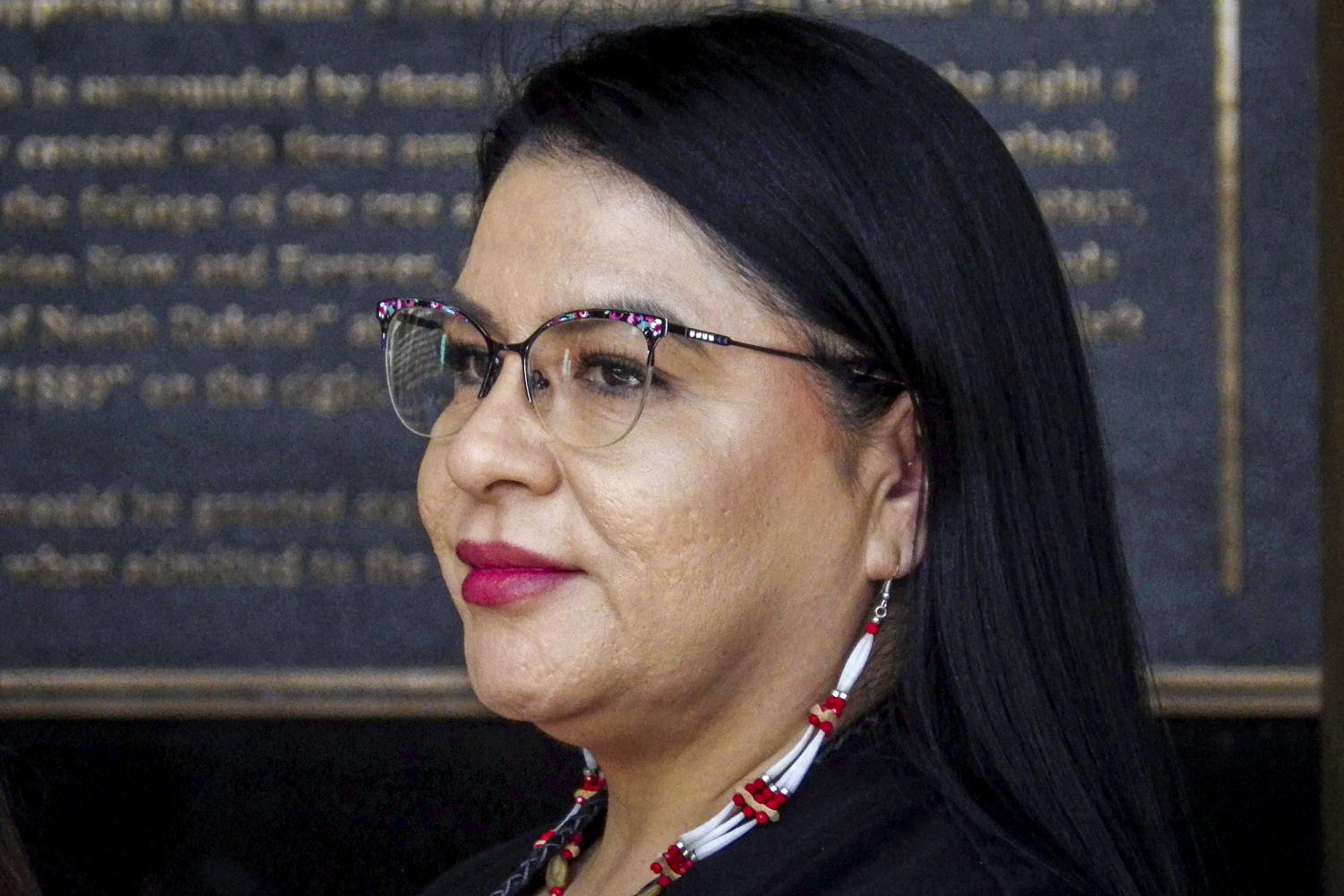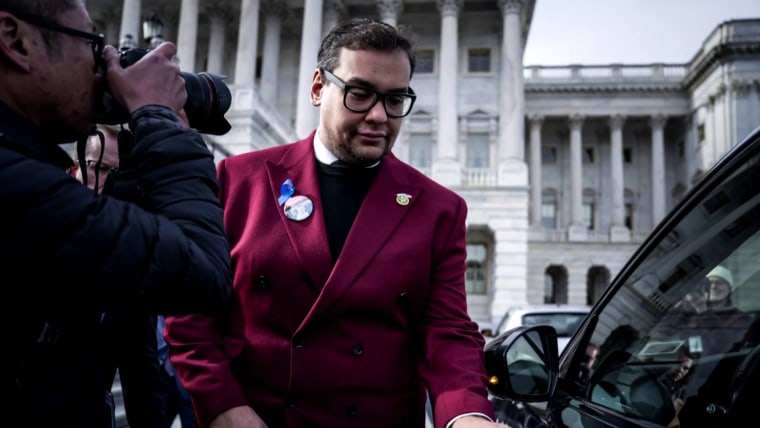Supreme Court blocks ruling that would undermine the Voting Rights Act


WASHINGTON — The Supreme Court on Thursday blocked an appeals court ruling that would gut a key provision of the Voting Rights Act.
The decision grants an application brought by Native American tribes, putting on hold the decision by the 8th U.S. Circuit Court of Appeals.
Justice Brett Kavanaugh had temporarily blocked the lower court ruling a day before it was due to go into effect, giving the justices more time to decide what next steps to take.
The brief, unsigned order noted that three conservative justices, Clarence Thomas, Samuel Alito and Neil Gorsuch, would have denied the application.
The case in question concerns a challenge by Native American tribes to a North Dakota legislative map that they claim violates the landmark 1965 voting rights law, which protects minority voters.
But the appeals court ruled that private plaintiffs like the tribes cannot sue to enforce Section 2 of the law, an interpretation that would have far-reaching effects.
If the Supreme Court were to embrace that approach and issue a ruling that would apply nationwide, it would mean only the federal government could bring such claims. But the decision to block the ruling suggests the court, which has a 6-3 conservative majority, may not be inclined to do so.
Litigation will now continue in lower courts, with the case likely to again reach the justices at a later date through the normal appeals process.
Lawyers for the two tribes, the Turtle Mountain Band of Chippewa Indians and the Spirit Lake Tribe, and three individual plaintiffs argue that the 2021 state redistricting map diluted the voting strength of Native Americans by packing a large proportion of those voters in one district and distributing others around several other districts, an approach known as “packing and cracking.”
Section 2 of the Voting Rights Act prohibits such conduct, and a federal judge initially ruled in favor of the tribes in 2023. A new map was adopted for 2024 and three Native American candidates, including one of the plaintiffs, Collette Brown, were elected.
But in May of this year, the appeals court reversed course and declined to put its ruling on hold.
The tribes’ lawyers had warned that if the Supreme Court did not block the ruling, Brown’s status as an elected representative would have been brought into question because if the 2021 map were reimposed, she would no longer live in her district as is required.
North Dakota Attorney General Drew Wrigley, representing the state, acknowledged that courts for decades “have uncritically assumed the existence of a private right of action for those claims.”
That this issue had not be raised before “does not mean Congress spoke with the clarity needed to create a privately enforceable right,” he added.




